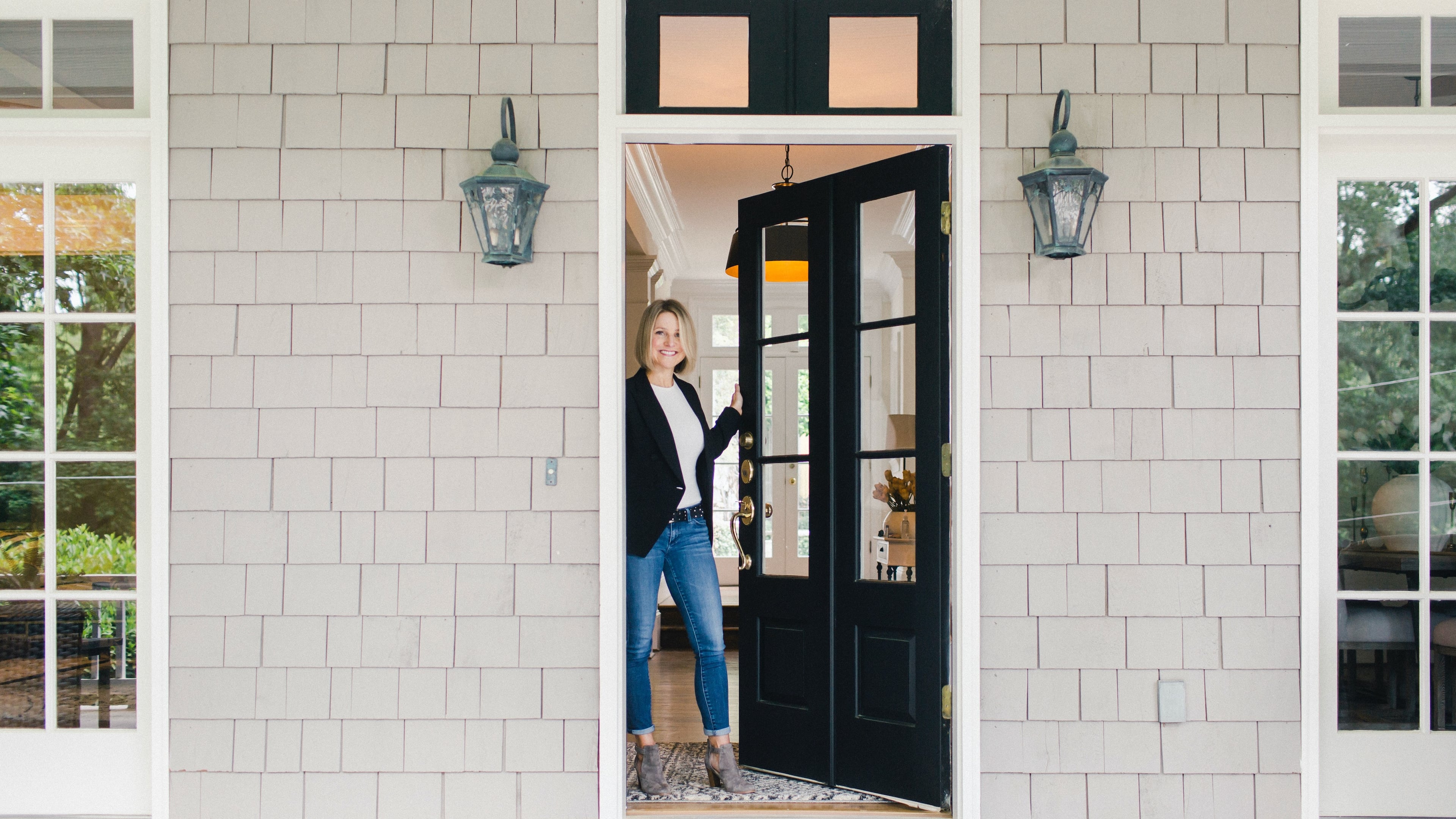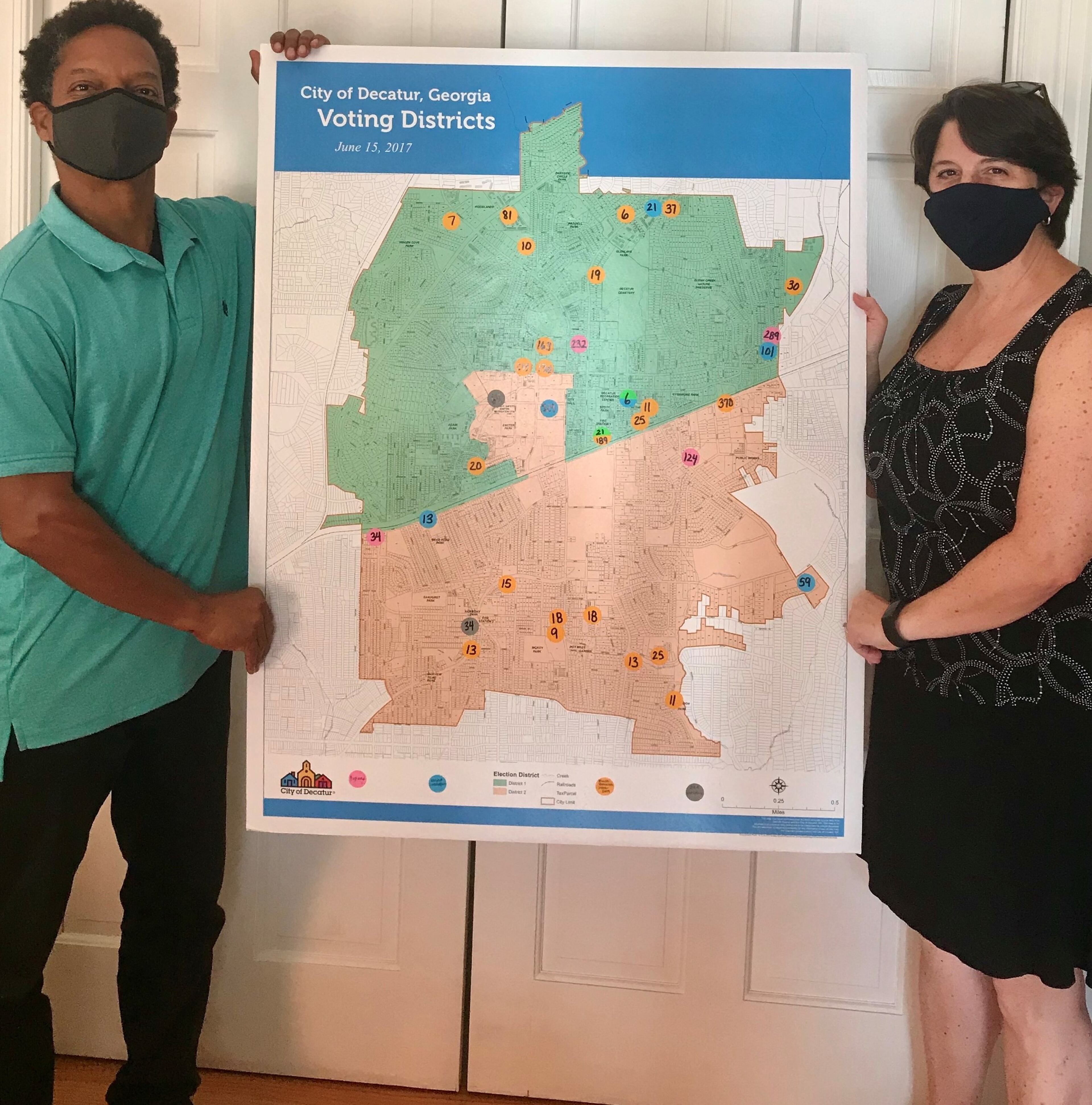OPINION: Why Trump’s fair housing tweet just isn’t cool

That happy tweet informing those of us “living the Suburban Lifestyle Dream” that we’ll “no longer be bothered or financially hurt by having low-income housing built in our neighborhood” was meant to scare us, not comfort us.
For the record, low-income Americans don’t scare me. I grew up po. Black people don’t scare me either. I was born Black, and when I join that great cloud of witnesses, as far as I know, I will still be Black.
And since the day I moved to Georgia, I’ve called one of Atlanta’s northern suburbs home.
My husband and I made that decision not because we were trying to escape low-income housing or Black folk. We made that decision because north Fulton had some of the best public schools in the state, if not the country.
We’ve yet to regret that decision.
I wonder if President Donald Trump can say the same about that tweet, his latest effort to strike racial fear in the heart of white suburbia.
That kind of overt race-baiting just isn’t cool.
If you somehow missed it, the president’s tweet referred to the Affirmatively Furthering Fair Housing Rule, an Obama administration update to the 1968 Fair Housing Act. The rule required local governments receiving federal funds for housing and development to account for biased practices and craft a plan to fix them.
Housing and Urban Development Secretary Ben Carson said the Obama-era rule “proved to be complicated, costly and ineffective.”
Even though studies show that concentrating low-income families into small geographic areas serves only to exacerbate the difficulties that poor residents face, the Trump administration announced in July that it was replacing the fair housing rule with its own rule.
They dubbed it “Preserving Community and Neighborhood Choice.”
The suburbanites I know aren’t buying.
As Phil Cuffey said, they’re well aware that rescinding the Affirmatively Furthering Fair Housing Rule takes the teeth out of enforcing the landmark civil rights legislation and runs contrary to the principles of fairness at a time when America is already reckoning with the ideals of equity promised all its citizens.

Cuffey, who lives in the McDonough-Adams-Kings Highway community near Agnes Scott College, is co-chair of the Coalition for a Diverse Decatur and an at-large member of the Beacon Hill Black Alliance for Human Rights. They’ve seen what can happen when real estate agents and builders are left to their own devices.
Clare Schexnyder, who lives in Decatur, is the co-chair.
“Trump has put down his dog whistle and picked up a bullhorn,” she said. “This is his full-court press to scare suburban white women. The more overt he is in his racist actions, the more committed I am to voting him out of office and doubling down on the work we’re doing to increase affordable housing in Decatur.”
They know that affordable housing is a charged phrase, that some people hear it and immediately think of “so-called” welfare queens and public housing. It’s why they prefer the term workforce housing and have spent the past five years working feverishly to increase stock for low- and middle-income people.
For instance, since 2004, there were 1,500 new units in Decatur. Only 21 of those were designated as affordable housing, units that teachers, police officers and firefighters might be able to afford.
This isn’t exactly new.
”It’s been inequitable for far too long,” Schexnyder said.
Jen Cox, a white suburbanite who also happens to be a real estate agent, agreed.
When she read the president’s tweet, she said, her jaw hit the floor.
“His agenda is clear to me,” Cox said. “Look out for the white folks and do nothing to right the wrongs done to the Black and Brown folks. In fact, he wants to roll back the clocks to a time when it was legal to discriminate against people based on the color of their skin.
“Home ownership is a tenet to realizing the American dream — and now he wants to make it even harder for folks who aren’t white? It’s absolutely outrageous and hateful.”

Instead of buying into the president’s regressive efforts, Cox hopes all of us will commit to being anti-racist and guard against discriminatory practices instead, and come Nov. 3, vote against the “divisive and white nationalist ideologies that Trump has cultivated for the last four years.”
In Decatur, at least, there are glimmers of hope.
A week or so ago, the Decatur Commission made city history and passed a mandatory inclusionary zoning ordinance to mandate 10% of homes are built to be affordable.
“We think that’s an important victory,” Cuffey said.
And they aren’t done. They’re now eyeing tax incentives, rental assistance, impact fees, and other initiatives to create more affordable housing.
“We can’t wait,” Schexnyder said. “We have to press forward.”
If you never considered how ZIP codes are a predictor of societal outcomes, think about where you live and the life you’d have if income ever stood between you and access to better jobs, better schools, better health care.
As things stand, millions of American families can’t even fathom having those basic things simply because they can’t afford, well, the ZIP code.
That might be all right with you, but it shouldn’t be.
Find Gracie on Facebook (www.facebook.com/graciestaplesajc/) and Twitter (@GStaples_AJC) or email her at gstaples@ajc.com.

